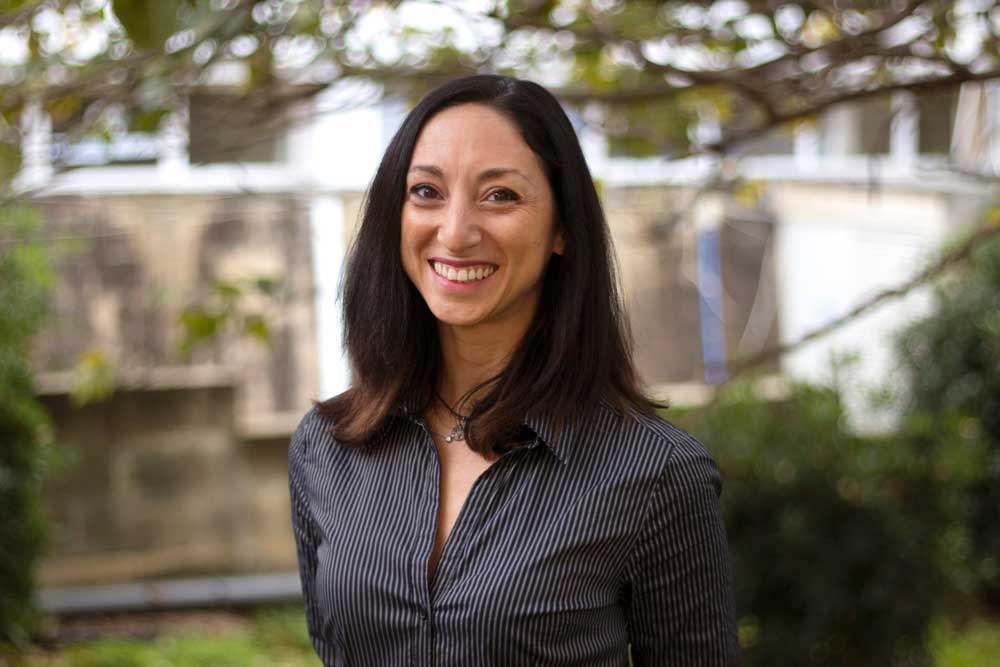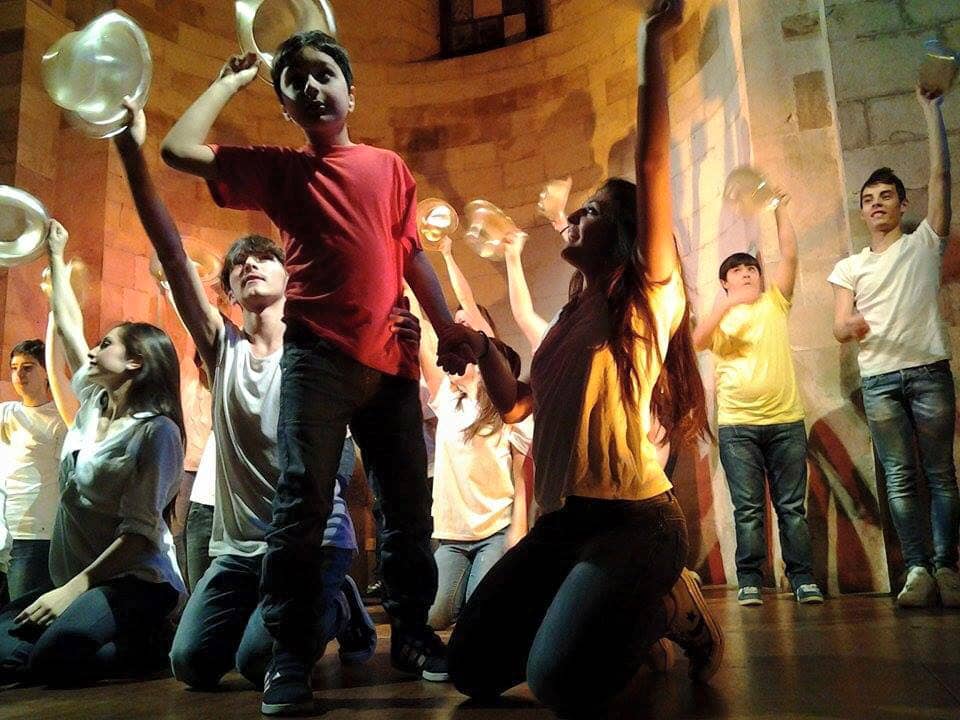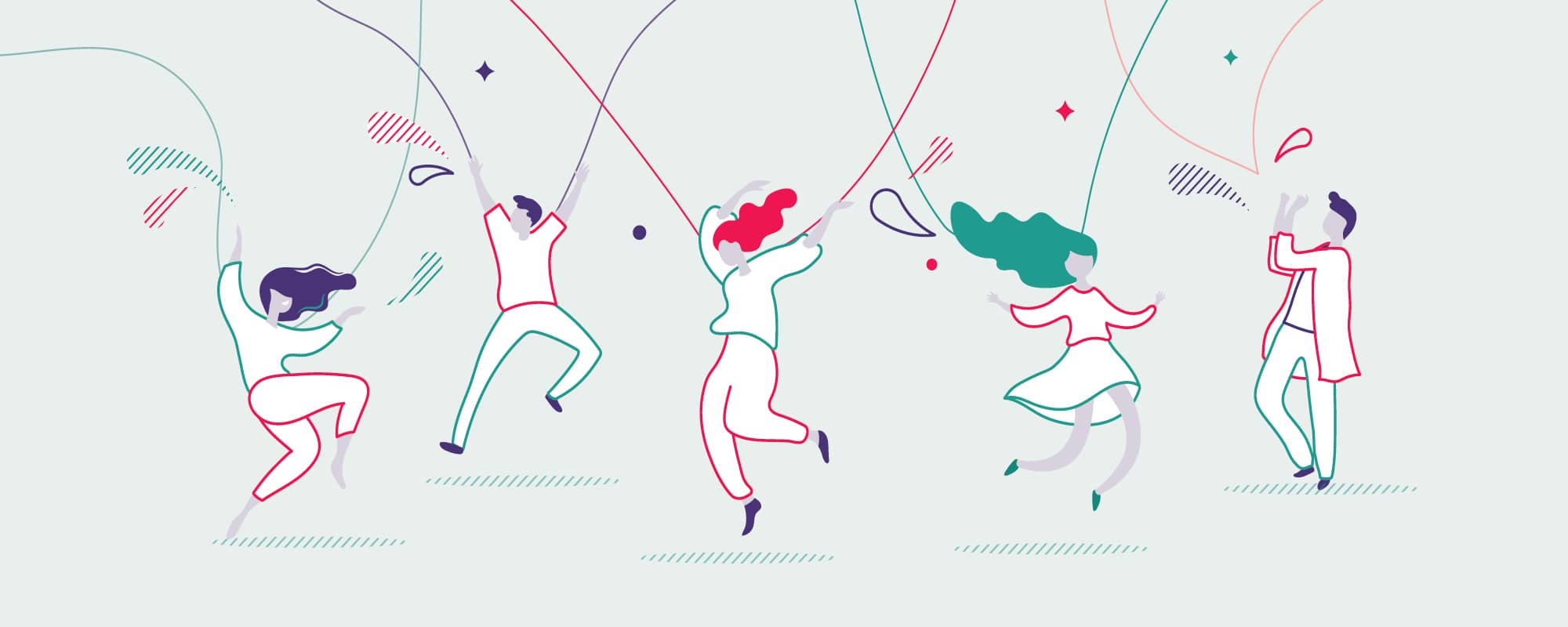La danza per tutte le età e le abilità — ‘dance for every age and every ability’, is the guiding phrase of the aptly named Dance For All programme. The programme, created by Sara Accettura, Assistant Lecturer in Dance Studies at the University of Malta, is an inclusive dance project focusing on people with learning disabilities and autism. By bringing together trained dancers, people with disabilities, and amateurs, the project is able to encourage collaboration, creativity, and communication.

The Dance For All project emerged from Accettura’s international experiences. After studying for an MA in performance in London, she met her collaborators Cedar Dance Studio, who encouraged her to develop inclusive classes. On returning to Italy, Accettura fulfilled her dream to create a youth dance company in Southern Italy — the Junior Dance Company in her hometown of Bari — and linked up with Dalla Luna, professionals specialising in autism care.
The Dance For All program runs in sets of six workshops with a final performance. Rather than having strict choreography, the dances are developed from tasks, games, and the participants’ own movements. This allows for a more organic approach and facilitates creative collaborations. The end result is a performance that all participants feel invested in. Accettura describes her role as leading rather than teaching, ‘I observe the participants. I’m thinking of every participant, and I’m seeing what their movements are. Then I try to involve that in the choreography.’
True to the inclusive nature of the program, each participant benefits in their own individual way. Traditionally the focus has been on dance as a way to improve motor skills and socialisation; however, Accettura has recognised that the trained dancers taking part in the program also benefit. The program helps them develop their creativity as it is a rare space to freely express and experiment without the pressures of technical, fixed choreography and competition judgement.
The performance element has been very positive with dancers on the autism spectrum who have enjoyed the theatre environment, been motivated to wear costumes, and even encouraged audience applause — this despite general reports often citing bright lights, unusual clothes, and loud noises as sources of discomfort for those with autism. Accettura believes it is the inclusive and shared responsibility of the dance studio that builds a sense of safety and security. Whilst the overarching goal is to have fun, Accettura highlights the importance of individuals, ‘I don’t have specific goals for everyone, and ideally participants are not aiming to achieve the same results. For some people, it’s about self expression, feeling more confident; for others, it’s more about the movement itself.’

With people always calling for Dance For All to return each year, the program has been running since 2013. There continue to be international ties. American artists have visited collaborative classes, and Accettura is now completing a PhD supervised by Dr Tamara Ashley from the University of Bedfordshire in the UK that focuses on the program. In the dance studio though, she continues to adopt a human-first approach. The general workshop structure and the core values of inclusive expression and collaboration have remained the same. She describes scientific literature, such as Applied Behaviour Analysis, as offering a helpful guide to what is being taught internationally and for reflecting on what worked or didn’t work in her own workshops. Next on the horizon is bringing Dance For All across the Mediterranean Sea. ‘I would love to bring this project to Malta. This is in my plans. I would love to bring the sense of being in an inclusive environment because I believe that it helps everyone to learn more.’
Accettura is an Assistant Lecturer, Artistic Director, and PhD student, but above all she is a dancer. Dance For All demonstrates that we all — trained or differently abled, musician or scientist, Maltese, Italian, British, and beyond — are dancers. ‘Movement is our first thing. We first started with movement. We first start expressing ourselves non-verbally as kids, and movement is in everything. Everyone is a mover. Movement is in us.’





Comments are closed for this article!